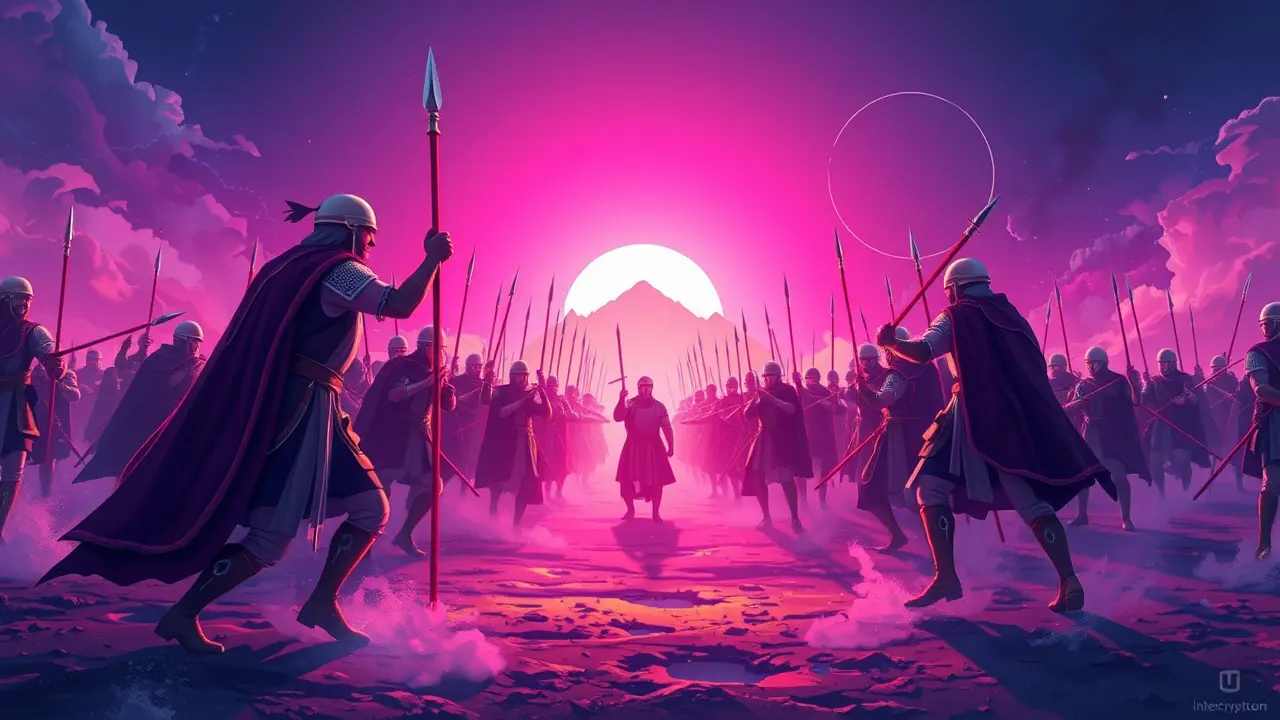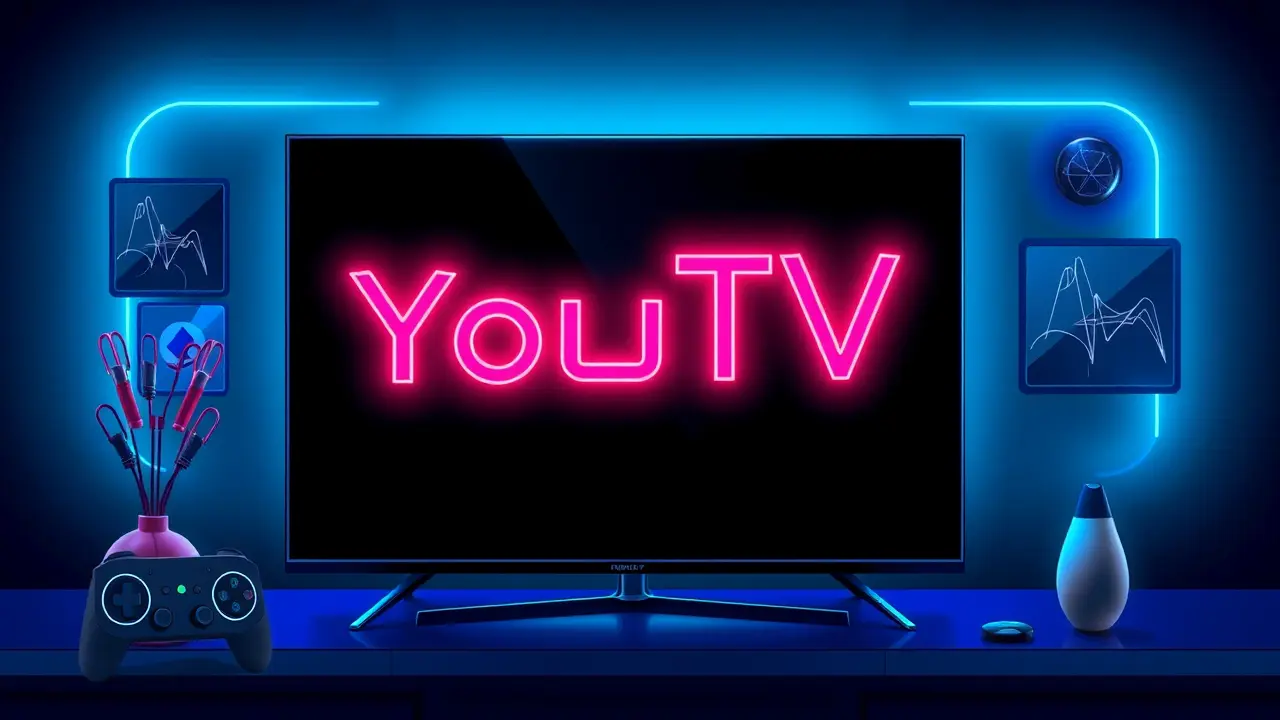- News
- tv-streaming
- Amazon’s ‘House of David’ Used Over 350 AI Shots in Season 2. Its Creator Isn’t Sorry

Entertainmenttv & streamingSeries Premieres
Amazon’s ‘House of David’ Used Over 350 AI Shots in Season 2. Its Creator Isn’t Sorry
AM
Amanda Lewis
4 hours ago7 min read
The deliberate and substantial escalation of artificial intelligence in the second season of Amazon's 'House of David'—a staggering 350-plus AI shots, quadruple the number used in its inaugural run—isn't an apology-worthy secret but a bold, calculated creative statement from its creators. This isn't merely about digitally filling out the ranks of Philistine armies in sprawling battle sequences; it's a fundamental renegotiation of the filmmaker's toolbox, a move that echoes the industry's turbulent transition from practical effects to CGI, yet carries far more profound implications for the very soul of storytelling.The series, which dramatizes the biblical ascent of David to the throne of Israel, now operates in a realm where the line between the cinematographer's lens and the data scientist's algorithm is irrevocably blurred. One can imagine the production meetings: instead of debating the cost and logistical nightmare of coordinating a thousand extras in the desert, the conversations pivot to the nuances of a generative model, training it on the specific gait of ancient warfare, the chaotic flicker of torchlight on bronze armor, and the visceral, blood-soaked choreography of hand-to-hand combat.The creator's defiant lack of contrition speaks to a new auteurism, one where vision is no longer constrained by physical or budgetary limitations but is executed through code. This technological leap invites immediate comparison to the pioneering, and often controversial, use of CGI in epic filmmaking, from the digital hordes in Peter Jackson's 'The Lord of the Rings' to the entirely synthetic performance of Gollum.Yet, AI-generated content represents a different paradigm altogether; it's not just creating what is difficult to film, but potentially generating the foundational elements of the scene itself—the landscapes, the weather, the fleeting expressions on background characters, all synthesized from vast datasets of existing cinematic language. Critics will rightly raise alarms about the displacement of VFX artists, matte painters, and stunt coordinators, fearing a future where the rich, collaborative craft of filmmaking is hollowed out into a sterile, automated process.Proponents, however, see an unprecedented expansion of creative possibility, allowing smaller productions to achieve a visual scale previously reserved for tentpole blockbusters and enabling established directors to realize visions that were once deemed unfilmable. The ethical and artistic questions are as dense as the crowds in a digital valley: What is lost when the chaotic, unpredictable humanity of a real set is replaced by the flawless, calculated output of a machine? Does this technology ultimately serve the story, or does the story begin to serve the technology? 'House of David' has positioned itself at the vanguard of this debate, its biblical narrative now a testing ground for a very modern revolution. The creator isn't sorry because they are not just telling a story about an ancient king; they are actively writing a new chapter in the history of visual narrative itself, and the industry, from Hollywood boardrooms to indie editing suites, is watching with a mixture of awe, anticipation, and profound apprehension.
#featured
#Amazon
#House of David
#AI
#visual effects
#television
#streaming
#biblical epic
#Season 2
Stay Informed. Act Smarter.
Get weekly highlights, major headlines, and expert insights — then put your knowledge to work in our live prediction markets.
Related News
© 2025 Outpoll Service LTD. All rights reserved.
